In 2004, artist Panmela Castro was beaten and kept in unlawful imprisonment by her then partner. After she was rescued by her family, she pressed charges at the Women’s Police Station. At the time, however, domestic violence was considered a misdemeanor, and her aggressor faced no punishment.
In 2004, artist Panmela Castro was beaten and kept in unlawful imprisonment by her then partner. After she was rescued by her family, she pressed charges at the Women’s Police Station. At the time, however, domestic violence was considered a misdemeanor, and her aggressor faced no punishment.
Because she was stalked by her ex-partner, the only way she could go out and feel protected was by joining graffiti artist groups. In an artistic process of becoming, moving through the city, she rebuilt her life. Panmela had already been using her art to address social issues when in 2008, after hearing about the approval of the Maria da Penha Law (2006), she developed a methodology of using graffiti as a communication tool, to inform women and young students about the law, domestic violence, and their rights.

Her ideas gained worldwide proportions, and her extensive work was supported by many other women, who then formed Rede NAMI in 2010. With a trajectory of over 10 years, NAMI directly impacts the lives of more than 10.000 people in Rio de Janeiro, mainly black women. NAMI also promotes structural changes in society by using art as a communication tool, so that more people are informed about how to fight for their rights, and build a more just society.
In recognition of all the work done these years, NAMI was honoured by the 12th UNE Biennial (2021), awarded by The WE Empower UN SDG Challenge – Vital Voices (2021), made the finals of the Atitude Carioca Awards in the “Who does it differently” category (2021), and was also shortlisted for the 3rd seLecT Art and Education Awards (2020). In 2018 NAMI received a visit from Malala Yousafzai, the activist for women’s rights to education, and the youngest person to have ever received the Nobel Peace Prize.
What do we
believe in?
race and ethnic equality by law
and in society.
This is the principle on which NAMI’s policies are based. We propose to seek to overcome the inequalities which, for example, have led to one femicide case every six and a half hours in Brazil alone (Brazil Public Safety Forum, 2020). We demand respect for the rights of women, black people, LBGTQIAP+ people, people with disabilities, and indigenous peoples, including control over their own lives and a break with the historic legacy of oppression in the personal, economic, political, and social spheres
The epistemicide and the structural erasure of these groups have resulted in low or non-existent participation in decision-making processes in our society and on our planet so far. We believe that once we have access to spaces of power, we can contribute to a future that will be more sustainable and fair for all.
It is our mission to include women, black people, LGBTQIA+ people and other marginalized groups in spaces of decision-making and power, to write and rewrite history, considering the sustainability of our planet and our future from a much more inclusive perspective.
WHAT DO WE DO?
- Actions that promote the anti-racist struggle and the end of domestic violence;
- We stimulate the creative economy for the economic autonomy of women and marginalized groups.
HOW DO WE DO IT?
- Organizing exhibitions and public murals;
- Documenting and preserving art production by women, trans people and travestis, black artists, indigenous artists, and people with disabilities, in printed and online publications, and in physical collections.
WHO MAKES NAMI WORK
Panmela Castro
President and Founder
Carollina Lauriano
Vice-President
Artha Baptista
General DirectorAna Luiza Marques
Consulting Director
BOARD
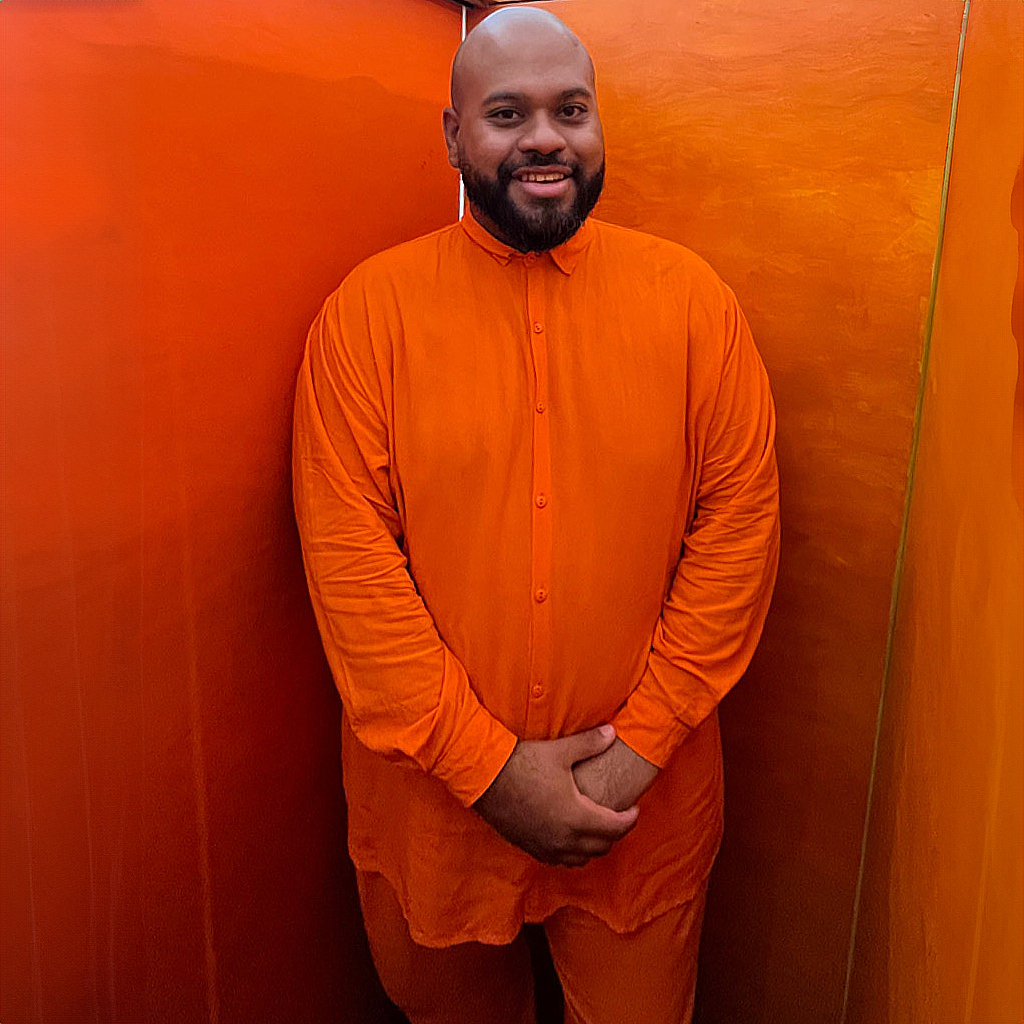
Ademar Britto Jr
Doctor and Curator
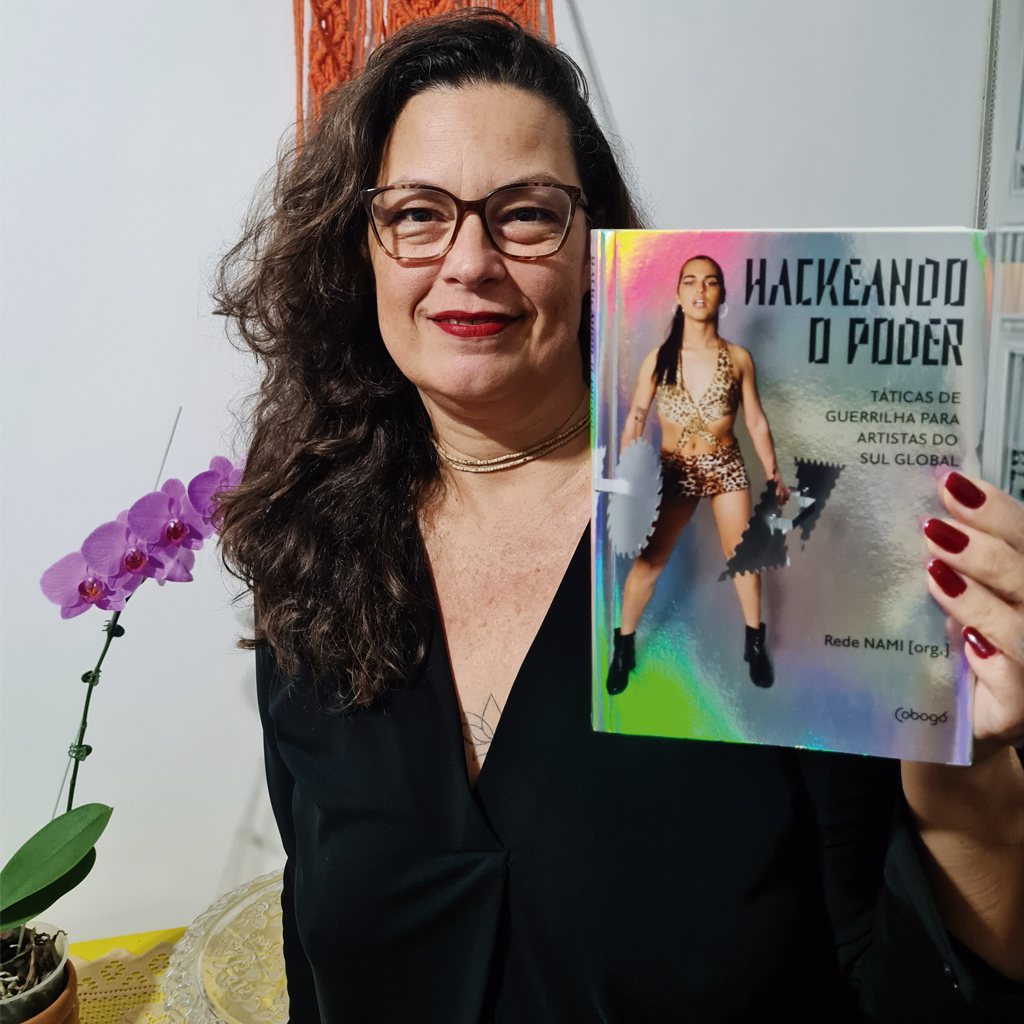
Adriana Mota
Sociologist and Pedagogue

Giselle Arruda
Designer
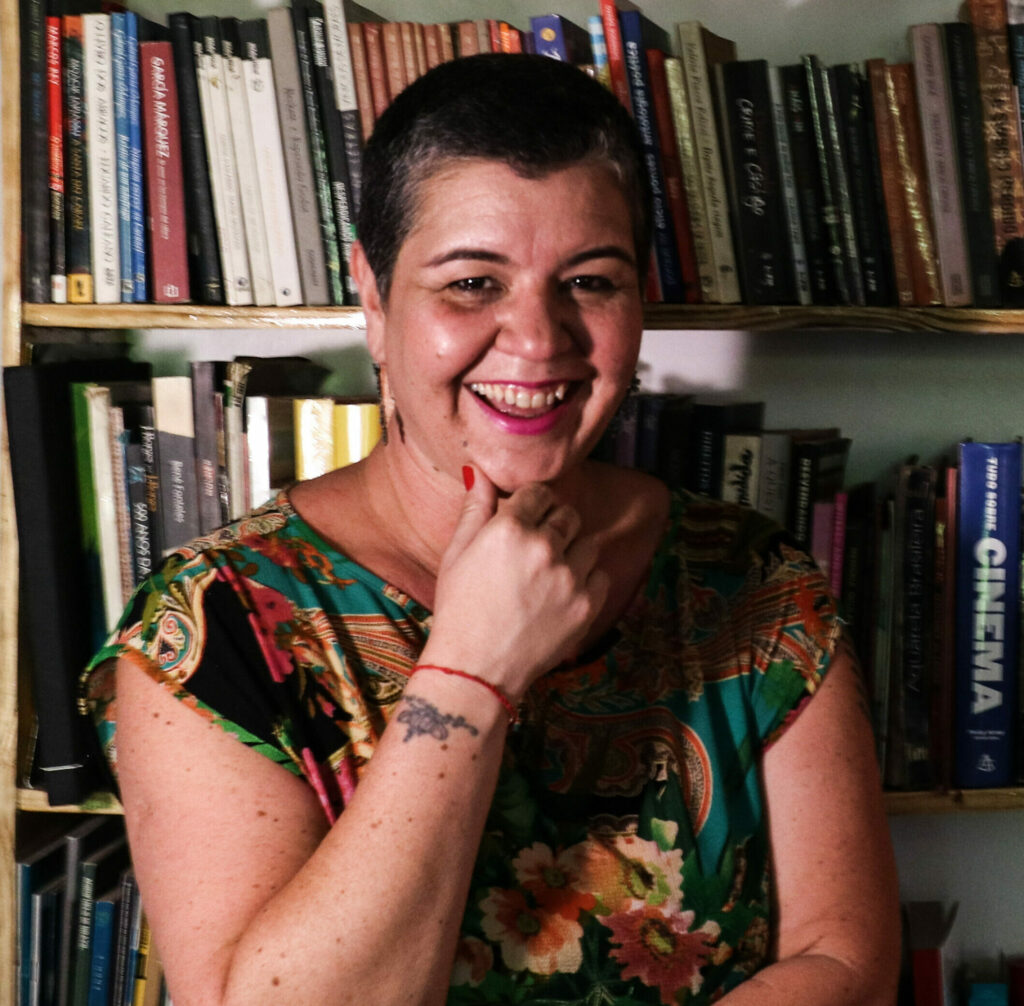
Jandira Queiroz
Journalist
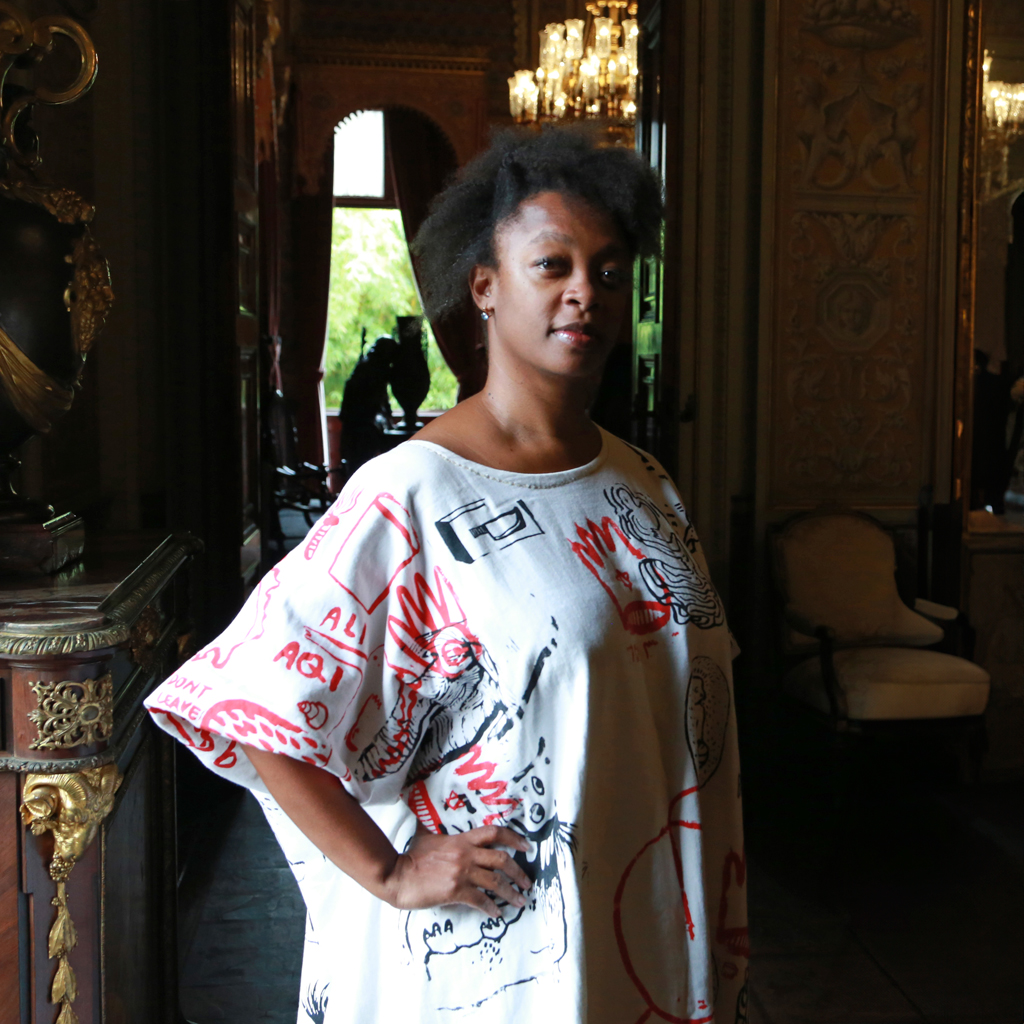
Keyna Eleison
Curator
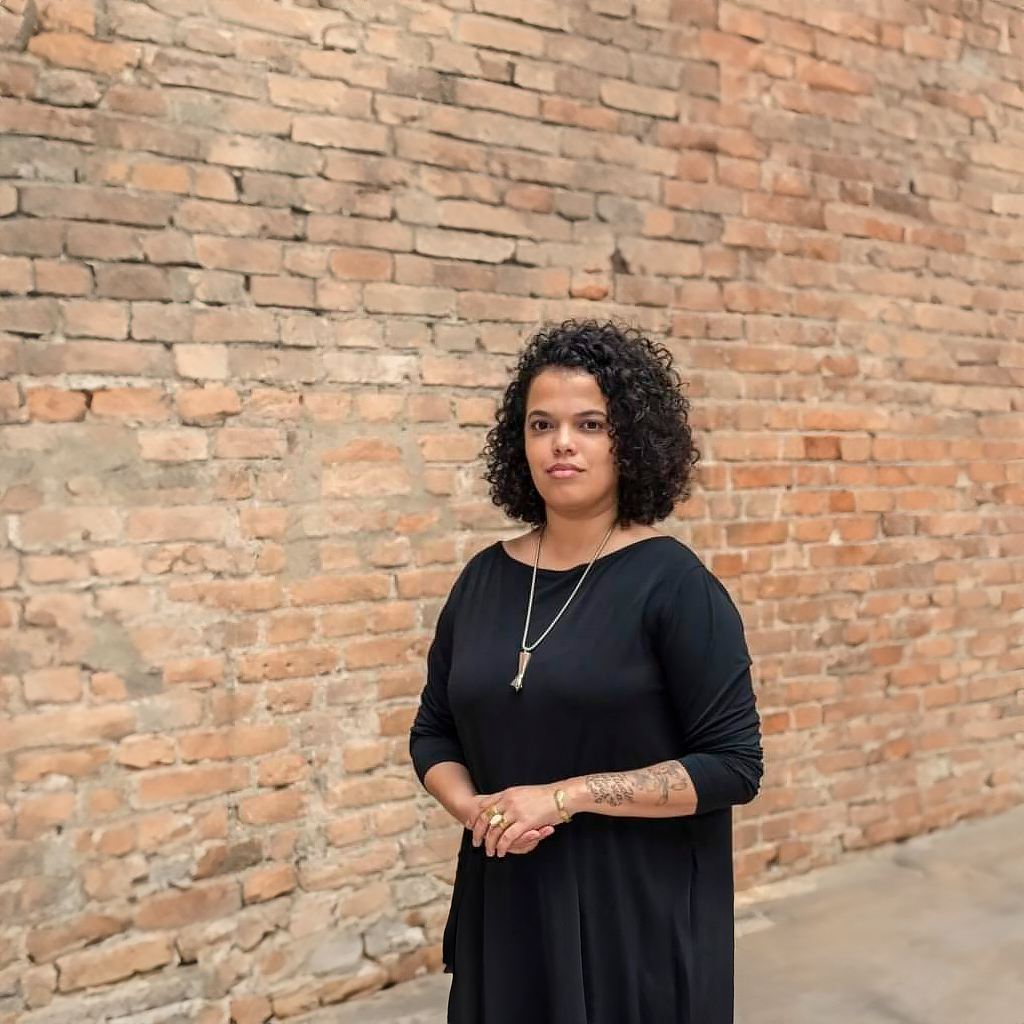
Lorraine Mendes
Researcher and Curator
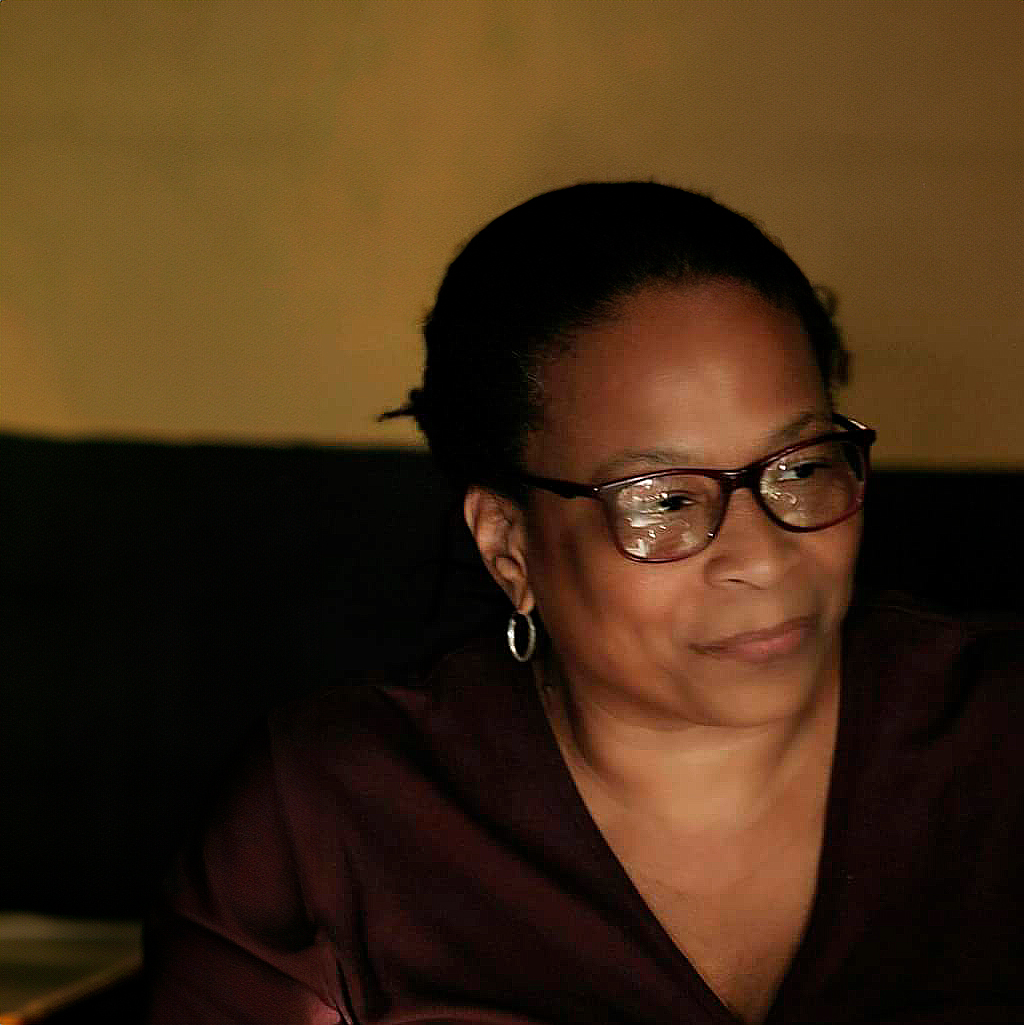
Lucia Xavier
Social Worker
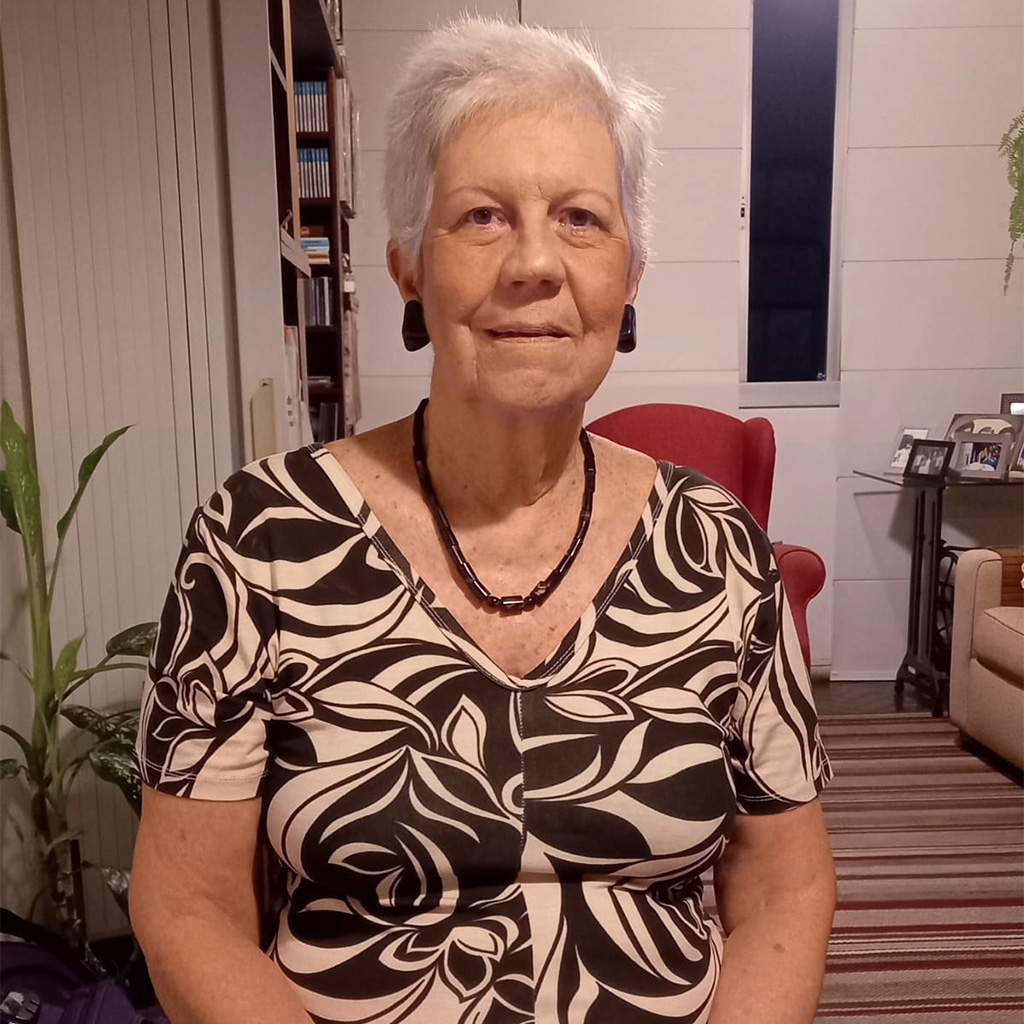
Marina Sidrim Teixeira
Sociologist
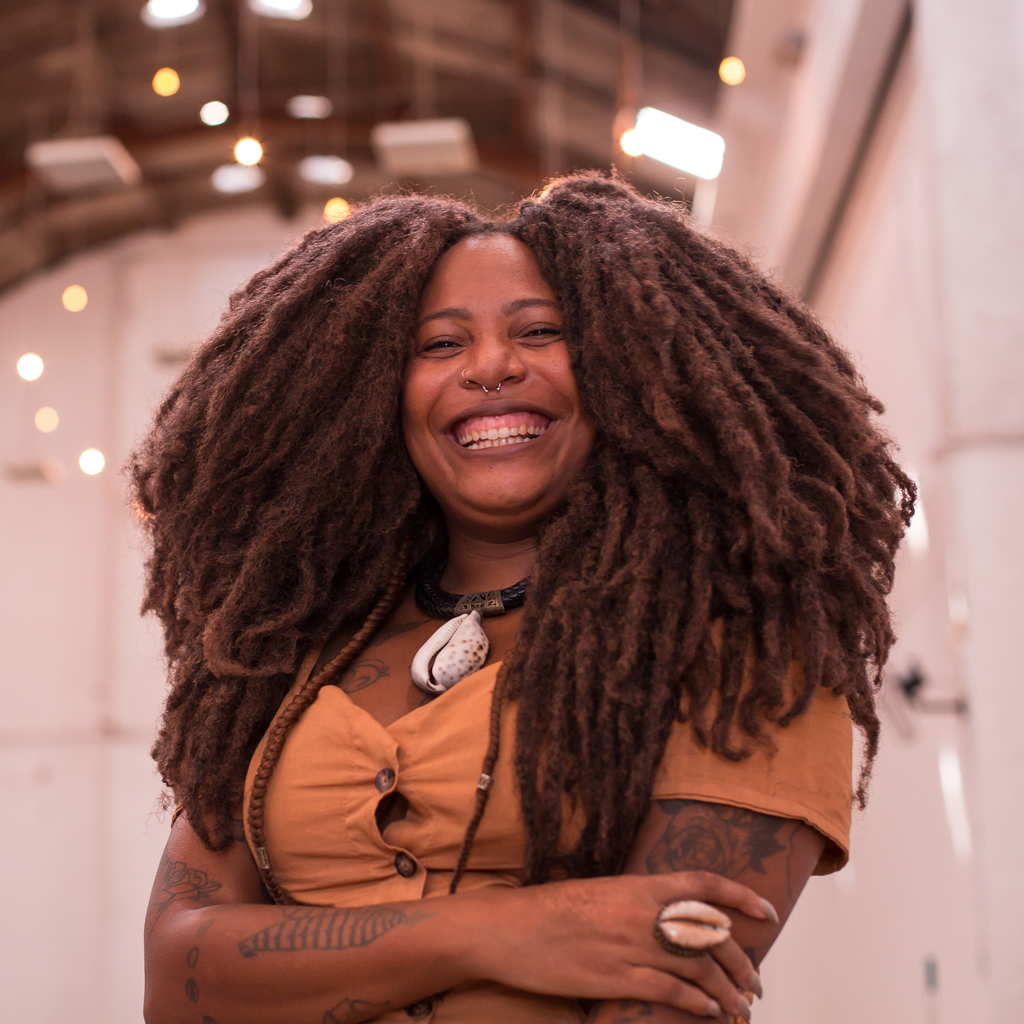
Pâmela Carvalho
Educator and Researcher
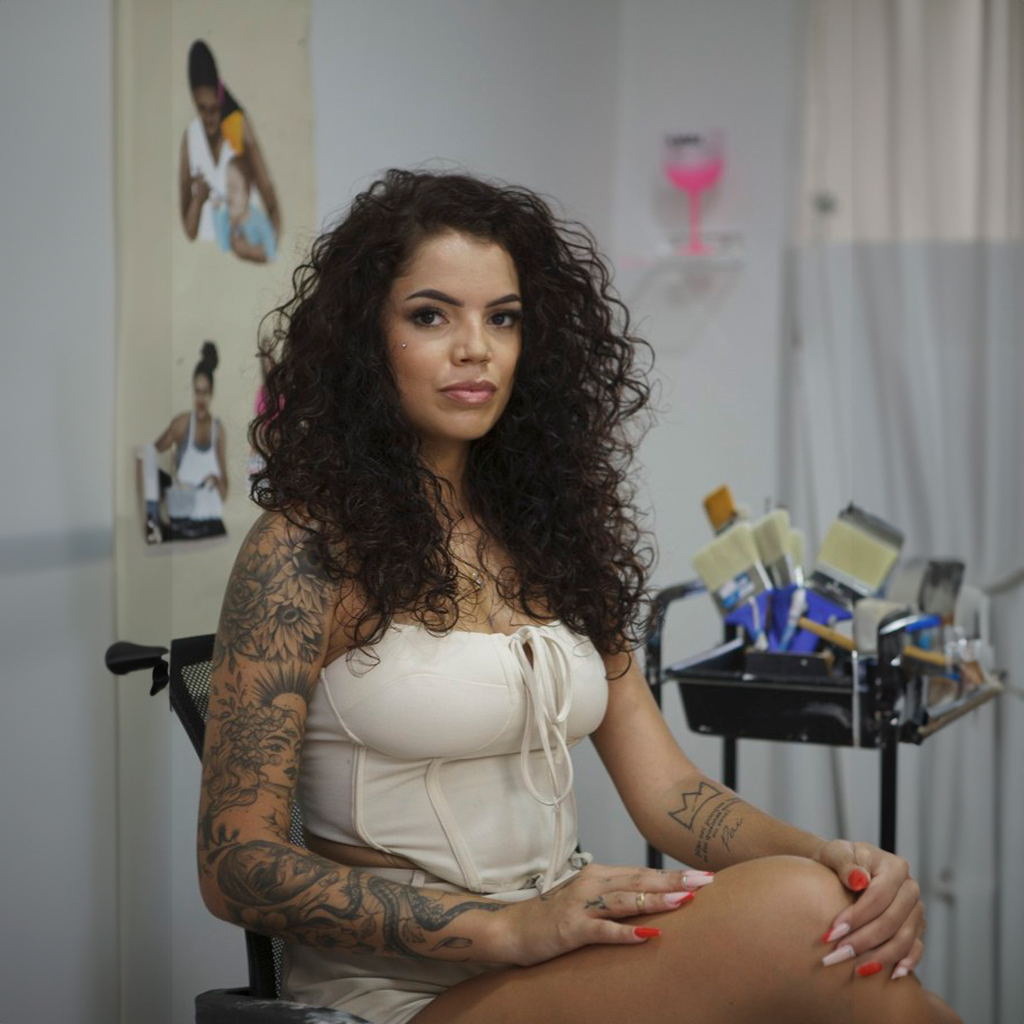
Priscila Rooxo
Artist
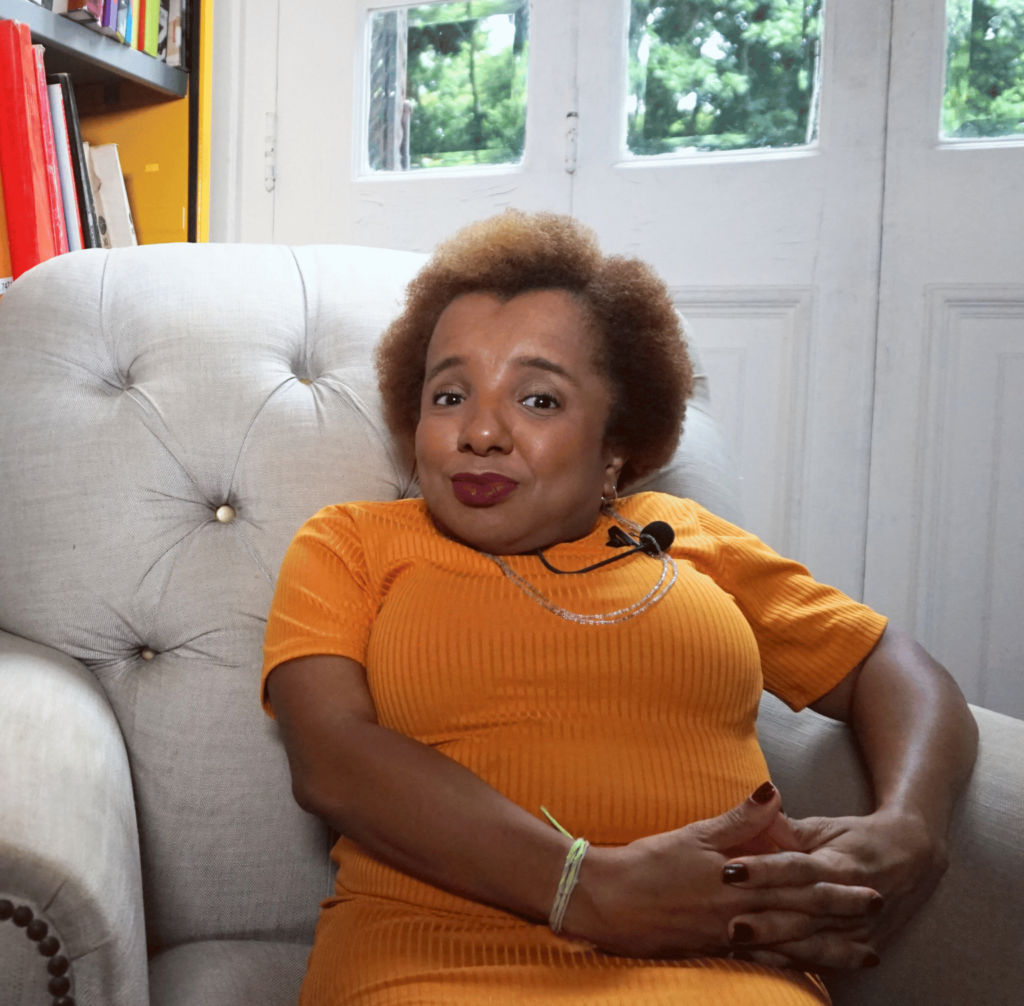
Roberta Holiday
Artist
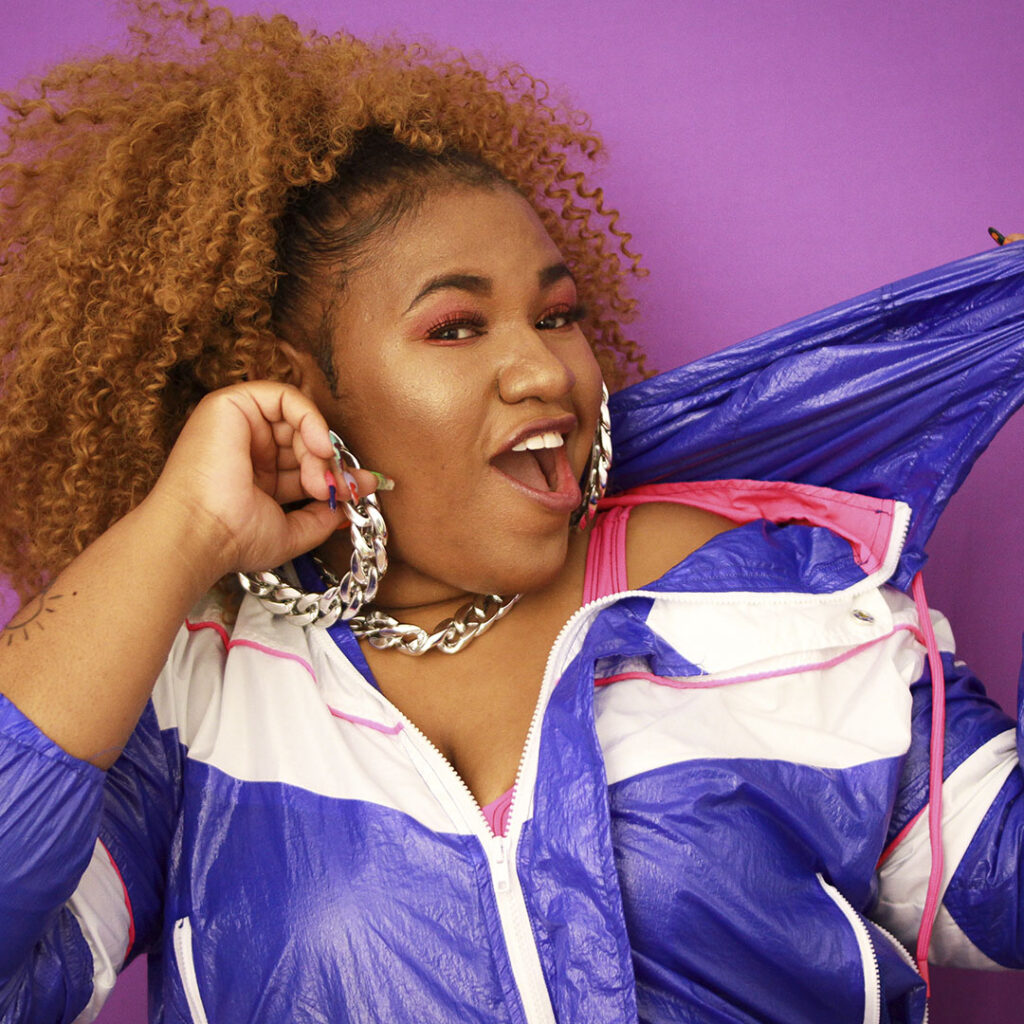
Tamy Reis
DJ and Communicator
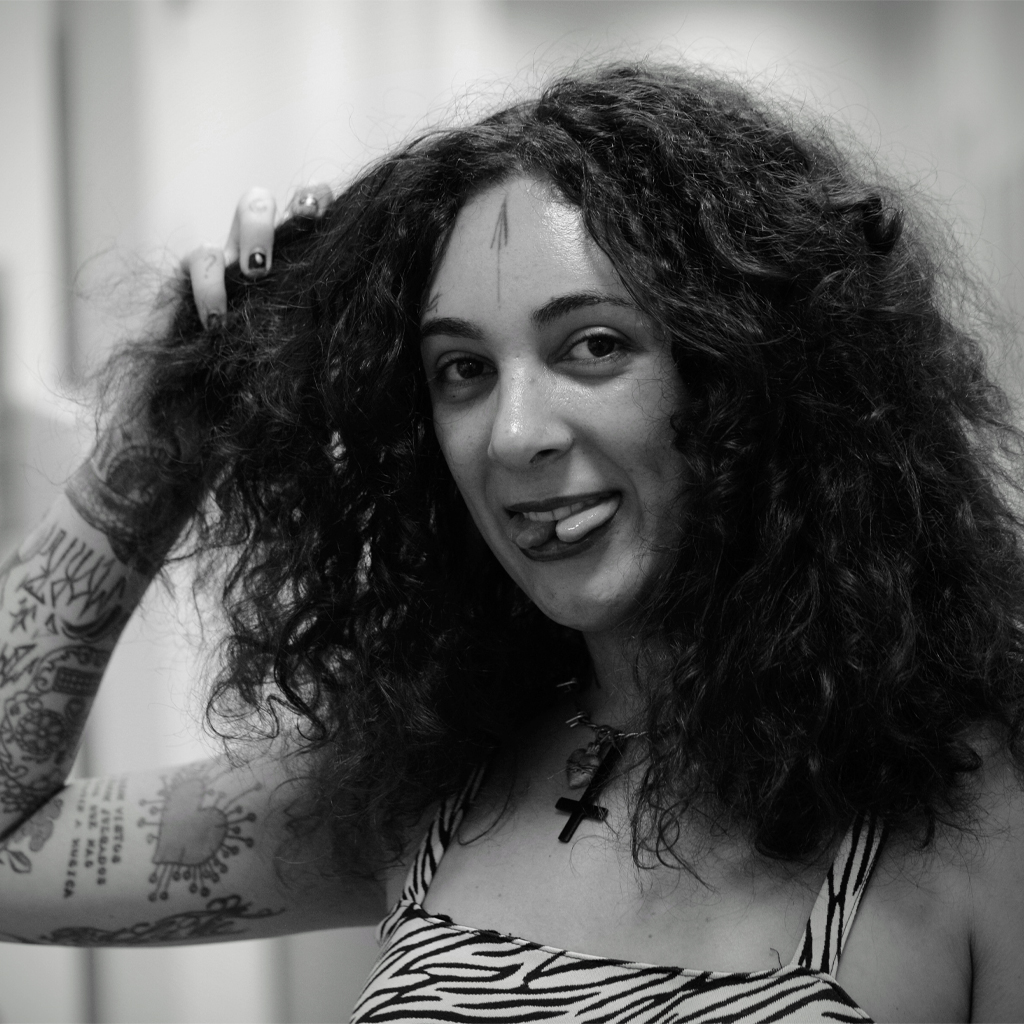
Vulcanica Pokaropa
Travesty, Circus and Visual Artist
